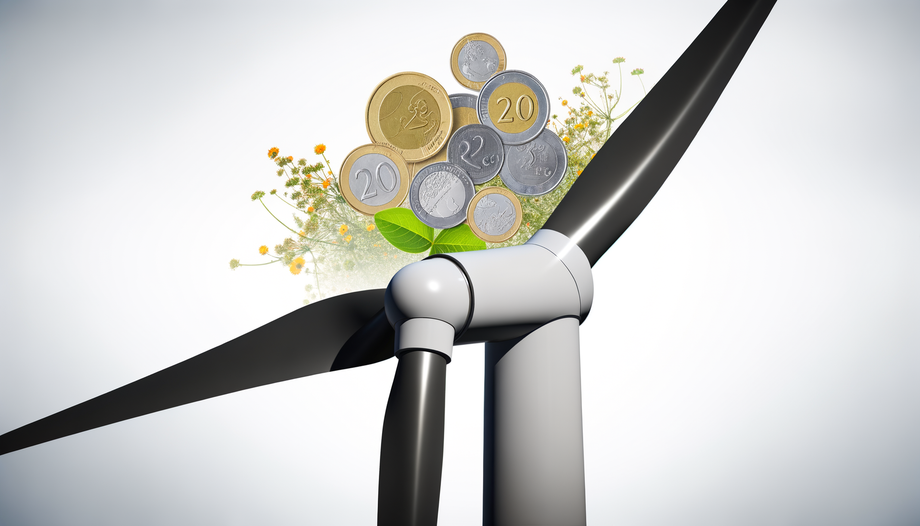Understanding the Wind Blade Spar Cap's Role in Renewable Energy
Wind energy stands at the forefront of renewable energy resources, with wind turbines becoming an emblem of sustainable advancement. Within these colossal turbines lies the unsung hero — the wind blade spar cap. This integral component is not only vital for the structural integrity of wind turbine blades but also has pivotal implications on both economic and environmental landscapes.
1. Economic Factors Fueling Growth
a. Demand for Cost-effective Solutions
As the world shifts toward renewable energy, there's an accelerating demand for wind energy solutions that are both effective and economically feasible. Manufacturers are constantly seeking to reduce costs while increasing the longevity of turbine components like spar caps.
b. Advancements in Material Technology
New materials, such as carbon fiber composites, are being explored to enhance the performance of spar caps. Although initial investments are high, the long-term financial benefits outweigh the costs due to their durability and lightweight nature, leading to more efficient energy production.
c. Capturing Global Market Opportunities
Emerging markets, especially in regions like Asia and Africa, are embracing wind energy at scale. This expansion signals increased demand for wind turbines, thereby pushing advancements and scaling of spar cap technology to maintain competitiveness and meet global supply demands.
d. Investment in Research and Development
Economies worldwide are substantially investing in R&D to innovate and optimize the design and performance of spar caps. Collaborative ventures between governments, academic institutions, and private sectors are fostering technological breakthroughs that propel industry growth.
2. Navigating Environmental Influences
a. Pushing for Sustainability
The transition to renewable energy is deeply rooted in environmental conservation. By improving spar cap technology, there's a direct contribution to reducing the carbon footprint of wind turbine manufacturing and operation, aligning with global eco-friendly goals.
b. Reducing Energy Consumption in Manufacturing
Innovations in manufacturing processes, such as the adoption of eco-friendly materials and reduction of waste, are lowering the overall energy consumption of spar cap production, thus minimizing environmental impact.
c. Adapting to Climate Variability
With climate change creating unpredictability in wind patterns, spar caps are engineered to adapt and perform under varying conditions, ensuring consistent energy generation and grid stability.
d. Life Cycle Assessment and End-of-life Management
A comprehensive assessment of the environmental impact throughout the spar cap's life cycle, from raw material extraction through to disposal, is becoming standard practice. Effective end-of-life management strategies are crucial for minimizing ecological footprints and maximizing material reuse and recycling.
3. The Symbiotic Economic-Environmental Relationship
The intersection of economic considerations and environmental priorities establishes a symbiotic relationship that fosters sustainable innovation in spar cap production:
-
Cost-efficiency and Low Carbon Footprint: Innovations that reduce costs often simultaneously offer environmental benefits, such as energy-efficient manufacturing techniques.
-
Market Potential and Environmental Regulations: Stringent regulations drive market innovation and are catalysts for the development and application of green technologies.
The Road Ahead for Wind Blade Spar Cap Innovation
To sustainably progress, it's crucial for stakeholders to continue exploring:
-
Cross-disciplinary Collaboration: Uniting experts from various fields like materials science, environmental studies, and economics, to heighten spar cap technological advancement consistently.
-
Adaptive Regulatory Landscapes: Policies must evolve in tandem with technological growth to support a seamless transition toward sustainable energy practices.
-
Public and Private Sector Synergy: A united front where governments support innovative industry-relevant policies and financial incentives will ensure long-term sustainable benefits.
With economic and environmental forces shaping the trajectory of wind blade spar cap development, the industry stands at a transformative juncture. As stakeholders harness the untapped potential of these factors, the future promises an era of innovation that upholds sustainability, efficiency, and global energy efficiency commitments. However, the challenge lies in evolving faster than the winds of change themselves.
As we strive toward a more sustainable future, let the wind blade spar cap be a beacon of innovation, illustrating how economic and environmental considerations can coexist to propel the renewable energy revolution forward.

